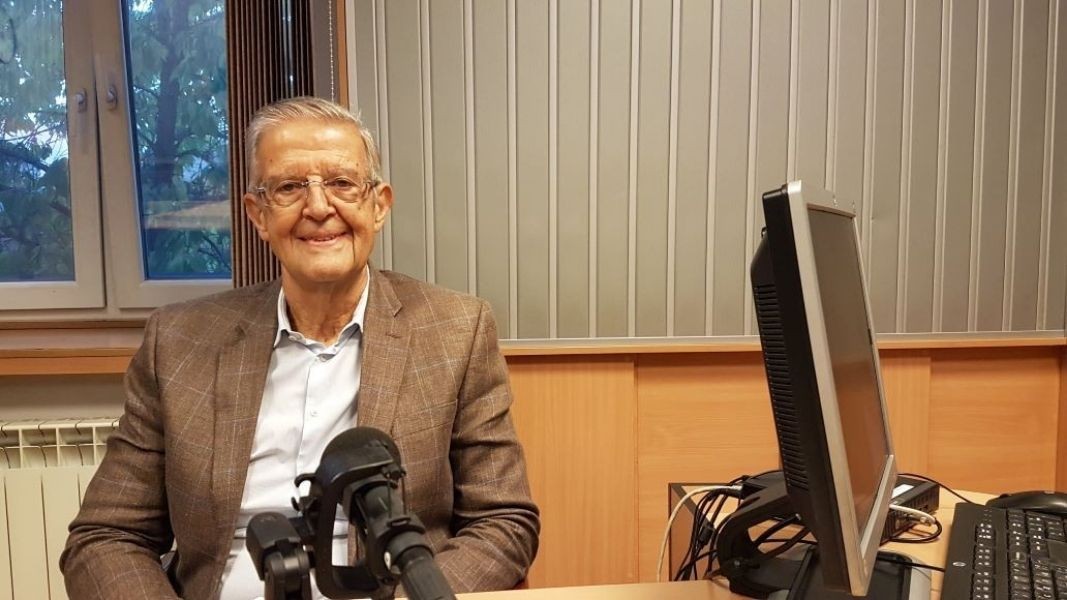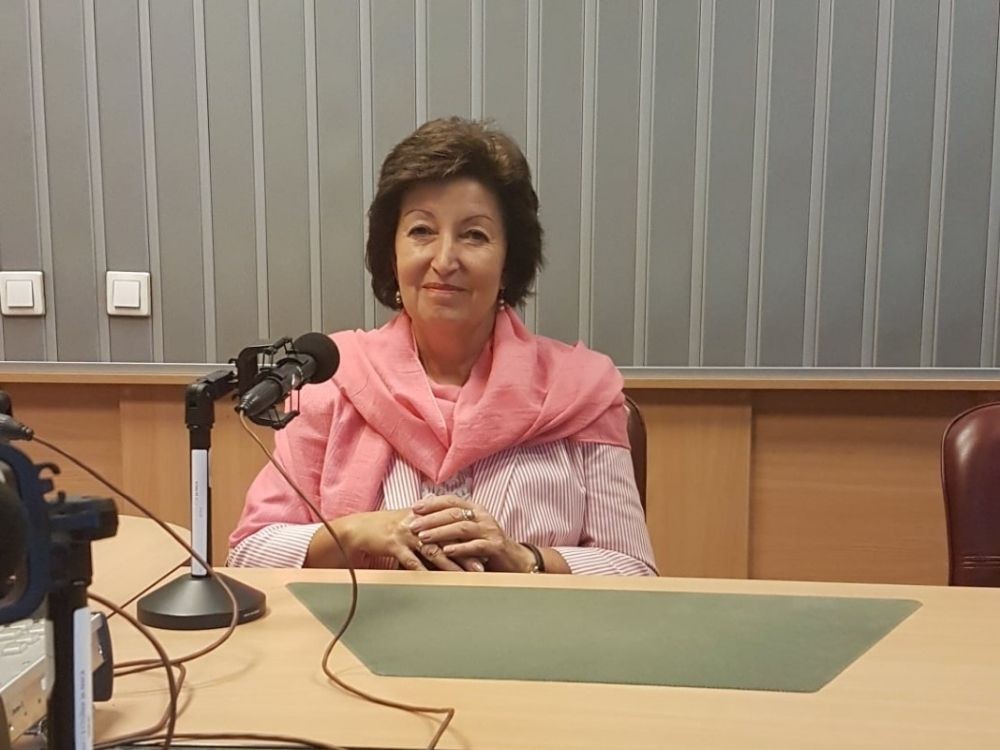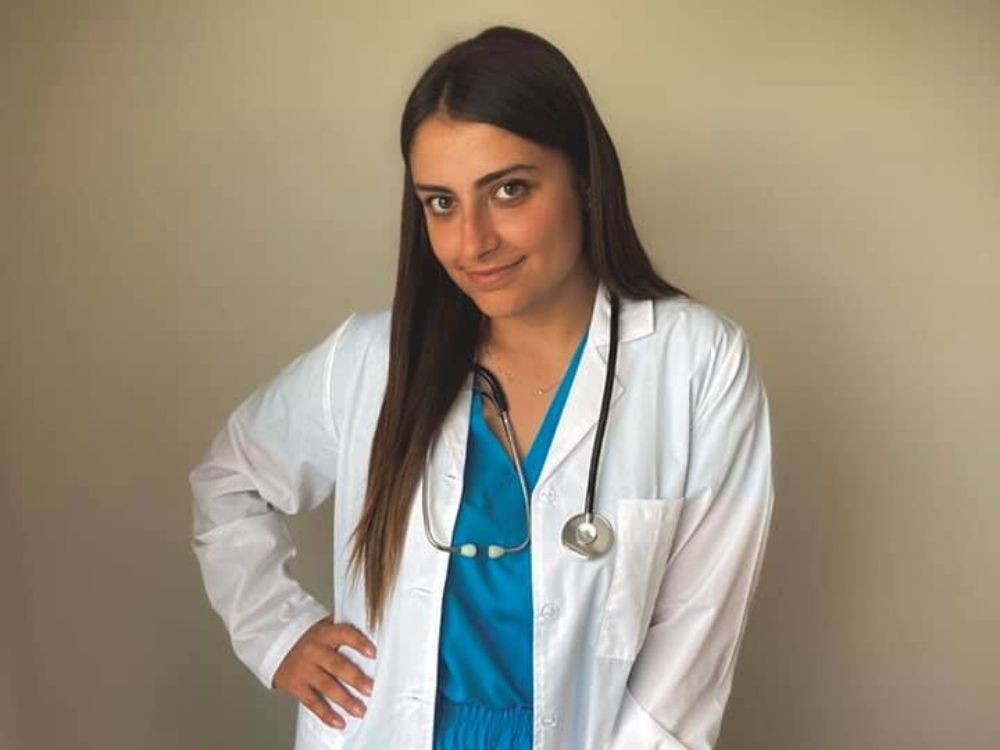As Bulgaria entered the European Union and Bulgarian university degrees were recognized there, many doctors and nurses emigrated to other countries of the EU, where they found better pay, excellent working conditions and appreciation of their professional abilities. And the more time goes by, the more often we hear experts saying that there is a shortage of doctors in certain specialties, that the profession of nurse is going extinct, that the people from the profession are getting older and older.
Are we really at risk of finding one day there will be no one to treat us, no one to render us medical assistance?
“A lot has been said on the matter but things are not all that bad,” says Academician Vladimir Ovcharov, former Rector of the Medical University.

“Around 4,000 doctors have left the country since we have been in the EU. But in the meantime we have trained a higher number of medical staff than that, so there is no real danger. However, there does exist a problem in certain medical specialties – there are very few specialists left in forensics, in psychiatry. The other problem is that the share of doctors below the age of 30 is low – 33% of all medical staff are over 65 – i.e. they are of retirement age. The danger is biggest with nurses. There are 29,700 doctors in the country, the number of nurses is approximately the same, but they should be in a 1-to-3 ratio.”
According to Rayna Boyadzhieva, chair of the Regional College of the Bulgarian Association of Health Professionals in Varna, there may be no nurses left in Bulgaria in 10 years’ time. “There are 1,356 nurses working in the city, but the average European standard is 2,800” she says.
One of the measures for coping with the shortage of nurses will be to attract health specialists from the Bulgarian diaspora abroad, Deputy Minister of Health Georgi Yordanov announced.
“To exercise the profession of nurse, the specialist has to meet the European directive requirements – i.e. to have a bachelor’s degree,” explains Milka Vasileva, chairperson of the Bulgarian Association of Health Professionals.

“But that is not so in Moldova, Ukraine, Belarus and North Macedonia, so the nurses must have their education recognized and sit for a Bulgarian language exam at a professional proficiency level. We have had ten applicants from these countries in the past two years – three of them were married to Bulgarian citizens and living in this country, and still they couldn’t pass their Bulgarian language exam. So that this is a very serious problem and the government must take steps to make the profession respected in the country, with adequate pay, there must be clear rules and career development opportunities.”
19-year old Raya Dimitrova, who is studying to be a nurse at the Medical University in Varna is categorical she is going to remain in this country because she wants to help her fellow countrymen:

“The low pay does not worry me,” she says. “What matters to me is to be somewhere I like to be, and I want that place to be Bulgaria, whatever the conditions. I have talked to different colleagues, and they say something ought to be done. I too think something ought to be done because no hospital can function without nurses. But to motivate these people to remain, there have to be changes in the system.”
8% more medical graduates have stated their intention of working in another European country, compared to the graduates from the previous year, a survey among graduates of the Medical University in Sofia in 2021 shows. Vladimir Yanev, one of the top three honour students who graduated the Academy intends to continue his studies abroad:
“I want to specialize in internal medicine,” says Vladimir Yanev. “That is not done very often in Bulgaria because internal diseases are divided up into different specialties. I want to specialize cardiology in Germany, and then maybe I will come back.”
Here is what Raya Dimitrova would like to wish her young colleagues:
“When you help other people you see real joy in the eyes of your compatriots, and that is something that should spur young people on to stay, and to look beyond the pay or the problems in the healthcare system and see things from a human point of view.”
Interviews by Hristo Botev channel and Radio Varna, BNR
Editing by Diana Tsankova
Photos sourtesy of Vladimir Ovcharov, Milka Vasileva and Raya DimitrovaThe town of Elena, Veliko Tarnovo region, will welcome thousands of guests for the Feast of the Elena pork leg meat delicacy . Balkan masters will demonstrate their culinary art on Saturday and Sunday, BNR correspondent Zdravka Maslyankova reported...
The international wine festival "Bolgrad Wine Fest" is opening today in the unofficial capital of ethnic Bulgarians in Ukraine - Bolgrad. The two-day event will be held at the Center for Culture and Recreation. For the first time, within the..
The 33rd Bulgarian polar expedition is heading to Antarctica to continue its scientific research in cooperation with scientists from different countries. For the first time, travelers from two Balkan countries - Greece and Montenegro, as well as from..
Two graduates of the Bulgarian School "Saints Cyril and Methodius" in Jordan presented their achievements at an event at their school "Hadi al Muhammadi"..
1000 participants will take part in the first Burgas Half Marathon, which will take place this Sunday, 24 November. The event will bring together..
Radmila Sekerinska from North Macedonia appointed NATO Deputy Secretary General NATO Secretary General Mark Rutte has appointed Radmila Sekerinska..

+359 2 9336 661
